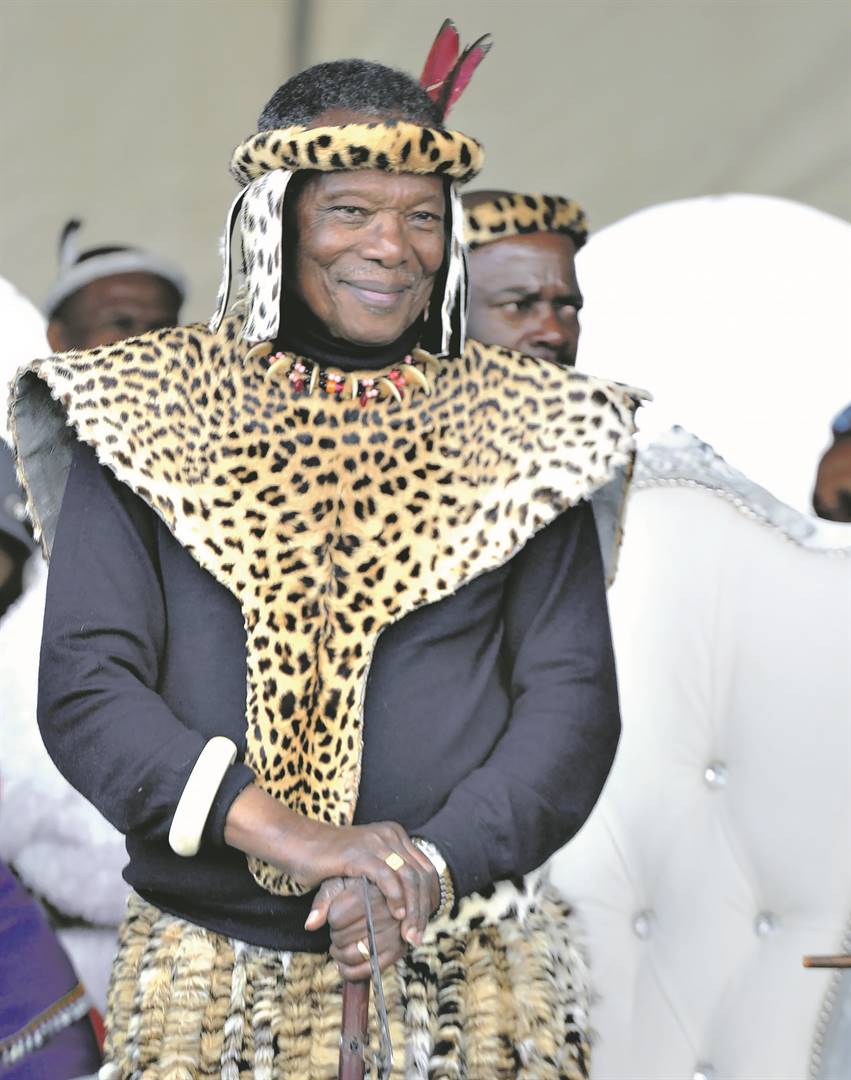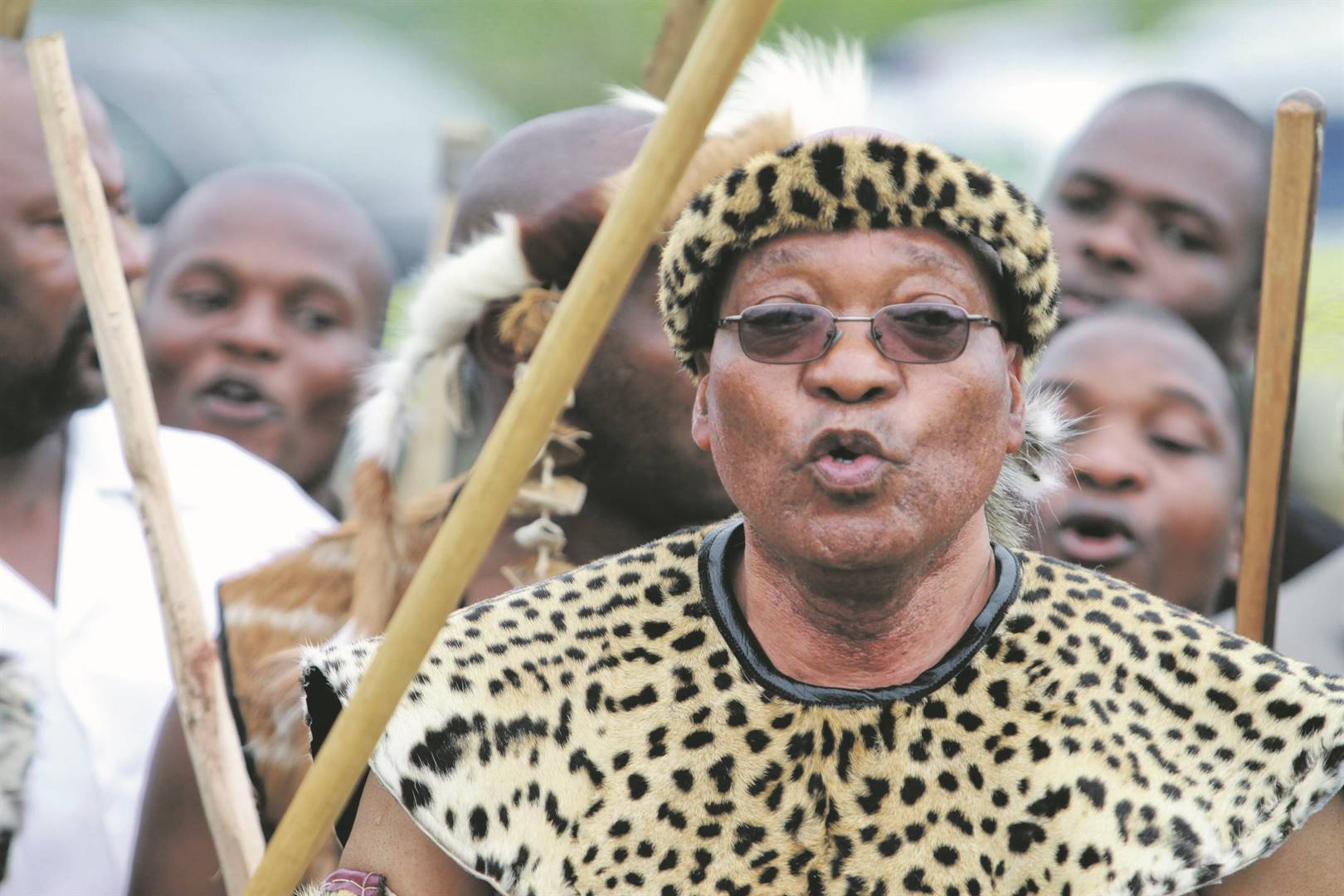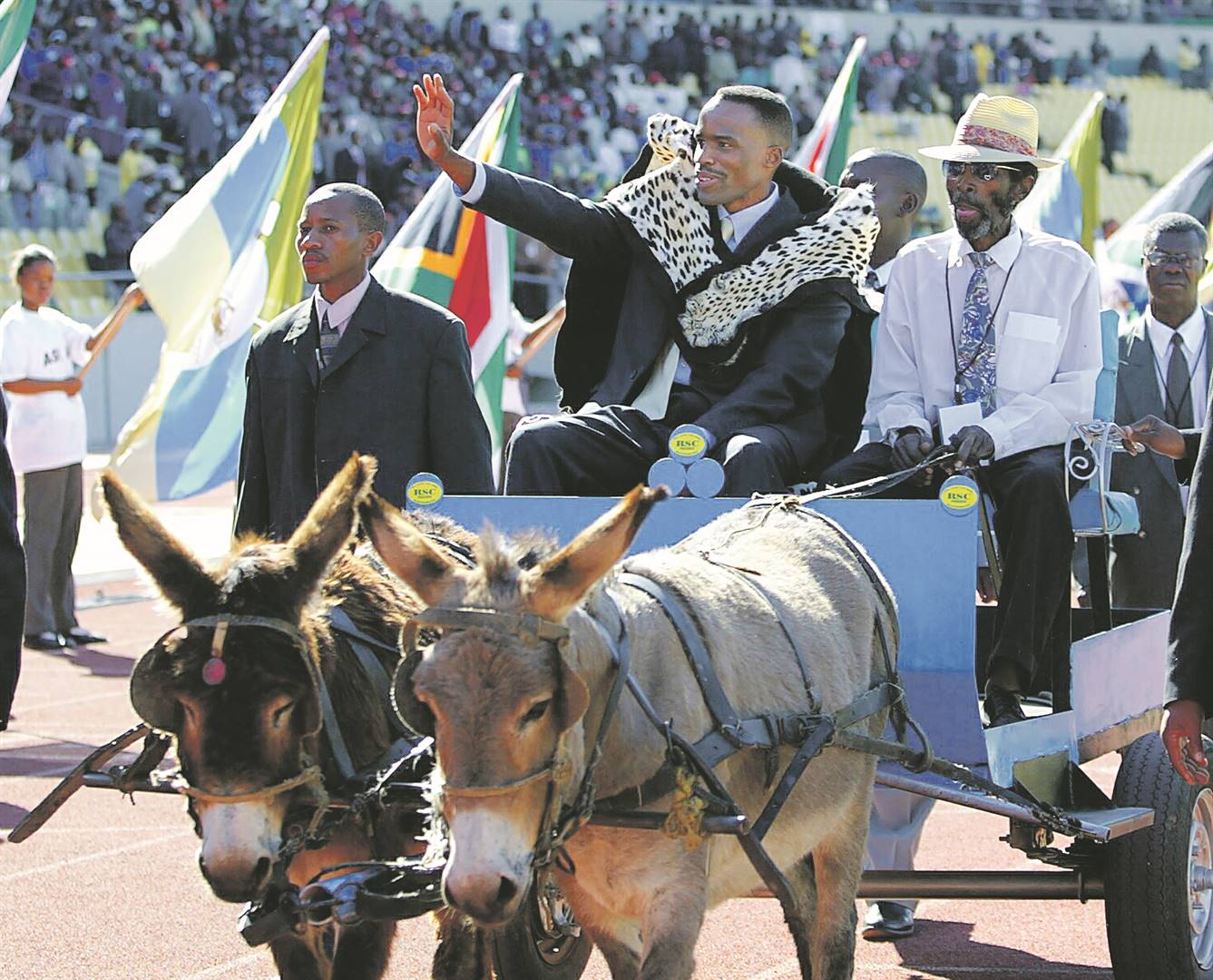When King Cyprian Bhekuzulu Nyangayezizwe kaSolomon died in 1968, just over 20 years after ascending the Zulu throne, the royal family suddenly found itself with a challenge: the next king had not yet been chosen.
Although many in the royal family favoured the king’s eldest son, Prince Goodwill Zwelithini, it was not a foregone conclusion that he would succeed his father.
As the authors of King of Goodwill: The Authorised Biography of King Goodwill Zwelithini kaBhekuzulu, OEHM Nxumalo, CT Msimang and IS Cooke, explain: “In the rather unassuming Zulu culture, it is taboo to talk about the king’s successor while he is still alive, unless he himself broaches the subject. This practice is in keeping with the culture of reticence.”
Cyprian’s right to ascend the throne had been disputed in courts for years, with the royal family divided between him and his brothers, princes Victor Phikokwaziyo and Thandayiphi Absalom.
Due to a similar disagreement, 20-year-old Prince Goodwill Zwelithini did not immediately ascend the throne, as some expected, but continued attending Bhekuzulu College, an exclusive academy for the sons of chiefs from all over the country.
THE KIDNAPPING OF PRINCE ZWELITHINI
One of the late king’s brothers, Prince Israel Mcwayizeni kaSolomon, sat in as regent, taking care of the royal family’s extensive properties and basically ruling the Zulu nation.
However, many in the royal family refused to bow before him, taking their requests or complaints to Prince Goodwill Zwelithini instead.
Reports about throngs of people standing outside the gates of Bhekuzulu College, waiting for an audience with the young prince, soon reached the ears of Mcwayizeni.
Feeling betrayed and insulted, he ordered a number of isangomas to embark on a witch-hunt for members of the family involved in the plot to drive a wedge between him and Goodwill. Rumours then started circulating that there were plans to assassinate the young prince. Members of the royal family who were supportive of him hatched an elaborate plan to kidnap him from college, spirit him out of the kingdom and send him into hiding.
READ: The Zulu royal family's ties of blood
For two years, Goodwill remained in exile in the KwaNdebele homeland, living with the in-laws of his eldest sister, Princess Nonhlanhla. His education had been disrupted before he had finished matric – something that would haunt him in the future.
Goodwill finally returned home, ascending the throne on December 3 1971.
BUTHELEZI BULLIES KING GOODWILL ZWELITHINI
By that time, Prince Mangosuthu Buthelezi, who happened to be Prince Goodwill Zwelithini’s uncle, was chief minister of the KwaZulu homeland.
Thanks to the divisional tactics of the apartheid government, the new king was suddenly subordinate to that chief minister. Buthelezi also controlled the purse of the homeland and paid the king’s salary.
He rallied members of his legislature, as well as members of the royal family, against the king. Goodwill was forced to appear before the legislature and vow never to involve himself in politics again.
He was officially made a “constitutional monarch”, a bad rip-off from the British system.
In 1979, however, King Goodwill publicly stated that he was in support of the Mozambican liberation movement Frelimo, adding that Buthelezi and his colleagues in the KwaZulu homeland were lackeys of the whites.
READ: The challenges facing the new Zulu king
This enraged Buthelezi. Again, the king was summoned to the legislature. When he failed to turn up, Buthelezi and his cohorts decided to reduce the king’s salary from R2 000 (a tidy sum back then) to R1 000 a year. Humiliated, the king later came to apologise to Buthelezi.
This would become a recurring pattern: whenever the king tried to assert himself, Buthelezi sjambokked him back into line.
ENTER ZUMA
When the ANC returned from exile, it capitalised on this on again, off again relationship between the two: the organisation sent Jacob Zuma, a die-hard traditionalist, to woo the king away from Inkatha.
It was as a result of Zuma’s hard work that Goodwill developed a warm relationship with the ANC.
Noticing this, many rural people in KwaZulu-Natal turned their own backs on their “traditional political home”, Inkatha, and lent their support to the cheerful, populist Zuma, who had enticed the king to the party. Prince Mcwayizeni – remember him? – was by Zuma’s side.
READ: Zwelithini played a critical role for peace and stability in KwaZulu-Natal – Ramaphosa
In September 1994, King Goodwill Zwelithini told then Mail&Guardian reporter Farouk Chothia that Prince Mcwayizeni was his “rightful adviser”, a comment interpreted by many as the king’s disavowal of Buthelezi.
BUTHELEZI FIGHTS BACK
However, Buthelezi is a cat with nine lives. An experienced government administrator and a strategist par excellence who had politically outlived all former Bantustan leaders, he was not about to be outsmarted by Zuma and the ANC.
During the negotiations that featured the ANC and the ruling National Party as main protagonists, with smaller players in the background, Buthelezi worked hard to ensure that the future of traditional leaders would be safe under an ANC government.
He fought for, and won, the establishment of the House of Traditional Leaders. When the country’s Constitution was finally drawn up, the existence of the entity was enshrined in the founding document.
Mangosuthu Buthelezi leading a group of amabutho in a song as they arrive at KwaKhangelamankengana palace before tomorrow’s kraal entering by Prince Misuzulu the incoming Zulu King. #ZuluRoyalFamily #KingMisuZuluKaZwelithini pic.twitter.com/rSj7coJ1EW
— Teboho Letsie (@Letsie5Letsie) August 20, 2022
As a result, King Goodwill Zwelithini and traditional leaders could not help but feel beholden to Buthelezi for saving their bacon.
It was also thanks to Buthelezi’s hard work that the kings now earn R1.2 million a year.
And there was a special dispensation for King Goodwill. In addition to R1.2 million, he also received a R66 million budget from the province.
Was it therefore likely that the monarch would forget Buthelezi’s munificence? Certainly not.
He is literally the kingmaker, having thrown his lot in with Prince Misuzulu kaZwelithini from the outset.
QUO VADIS, TRADITIONAL LEADERSHIP?
Now we change gears and ask: What exactly do kings do? In the old days, they and their subordinate chiefs would settle disputes between their citizens. But now we have regular civil courts, which make traditional courts seem redundant.
In fact, Prince Simakade defied all traditional courts and approached a regular “Western” court to challenge his brother, Prince Misuzulu, in the battle for the throne. This was a clear indication that even the royal family does not have much confidence in traditional law.
READ: Zulu royal family feud: Zwelithini’s brothers reject MisuZulu
The romantic in me enjoys the symbolism of a royal figurehead. I am intensely fascinated by the pomp and ceremony that attend royalty, be it Queen Elizabeth in the UK inspecting royal troops or one of the British princes officiating at a ceremony to remember fallen heroes.
I like it when amaZulu warriors do their thing, stomping the ground and stabbing the air with their spears as they perform for members of the royal family.
Zulu King Misuzulu appearing in front of the royal family, amabutho, maidens & public for the first time after performing rituals of entering the kraal at KwaKhangelamankengana, Nongoma. #KingMisuZuluKaZwelithini #ZuluRoyalFamily pic.twitter.com/zIY2a4gWCM
— Teboho Letsie (@Letsie5Letsie) August 20, 2022
It tugs at my heartstrings, harking back to those glorious days when my people enjoyed their independence and took pride in their fashion, their war dances and their music.
However, that is where my fascination with royalty stops.
The pragmatic republican in me finds it hard to process the fact that we still have kings in the 21st century.
Yet there is a caveat. I have been fascinated by the way the Royal Bafokeng kingdom has modernised the whole notion of royalty. The king of the Bafokeng has used the platinum riches that can be found in his land not to enrich himself and his inner circle, but to improve the lives of his subjects.
He could have pocketed the money, bought himself countless cars and wives and pulled the finger at the starving masses, just like King Mswati II. But he did not.
READ: King Mswati thinks he owns his country – including the people
Even a cursory glance at the Royal Bafokeng scenario shows that the authorities there have provided housing for the needy. Above all, millions of rands have been poured into education.
I am not aware of any such developmental initiatives launched by the late King Goodwill Zwelithini.
KwaZulu-Natal remains one of the provinces with the highest shortage of schools. In this day and age, there are children who still take their lessons under trees there. Moreover, thousands of schools still lack proper toilet facilities.
Yet Zwelithini was the highest-paid king in the country, with a budget of R75 million during 2021/22 that came directly from the national fiscus.
READ: King Zwelithini receives millions but is it money well spent?
If we cannot wish away the existence of the various kingdoms in the country, since – as I have mentioned – they are recognised constitutionally, we can at least make them relevant. We can make them work for the betterment of the populace.
I sincerely hope that when Prince Misuzulu ascends the throne, he will think about his people and how to improve their lot. He has the power to muster the resources to improve the lives of those who call themselves his subjects.
A father takes care of his children; a king must take care of his subjects.




 Publications
Publications
 Partners
Partners












